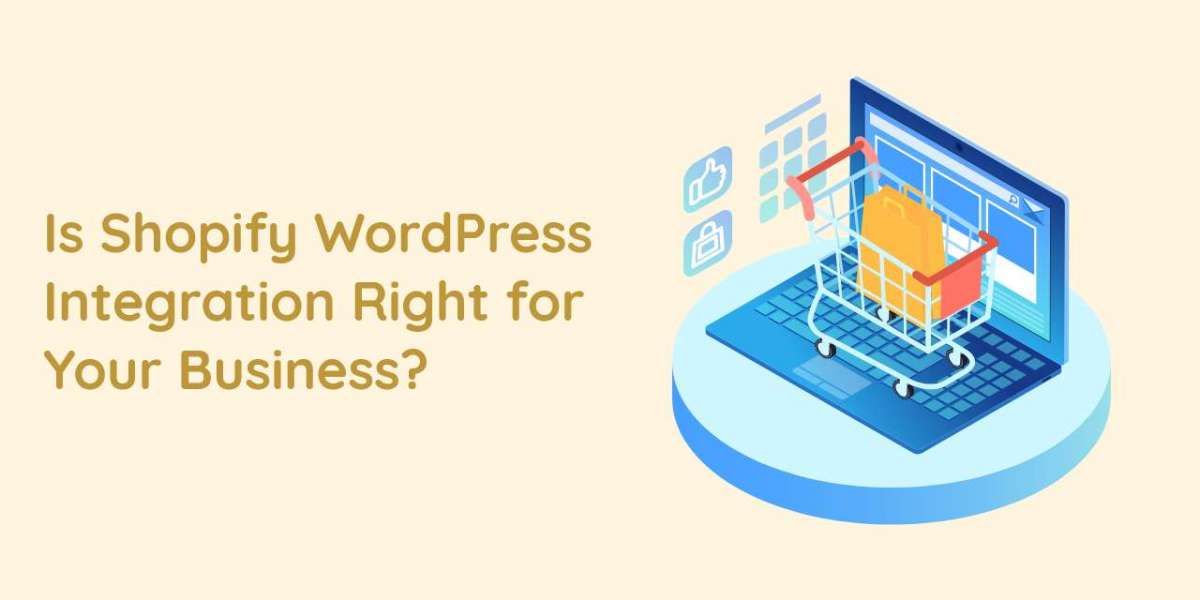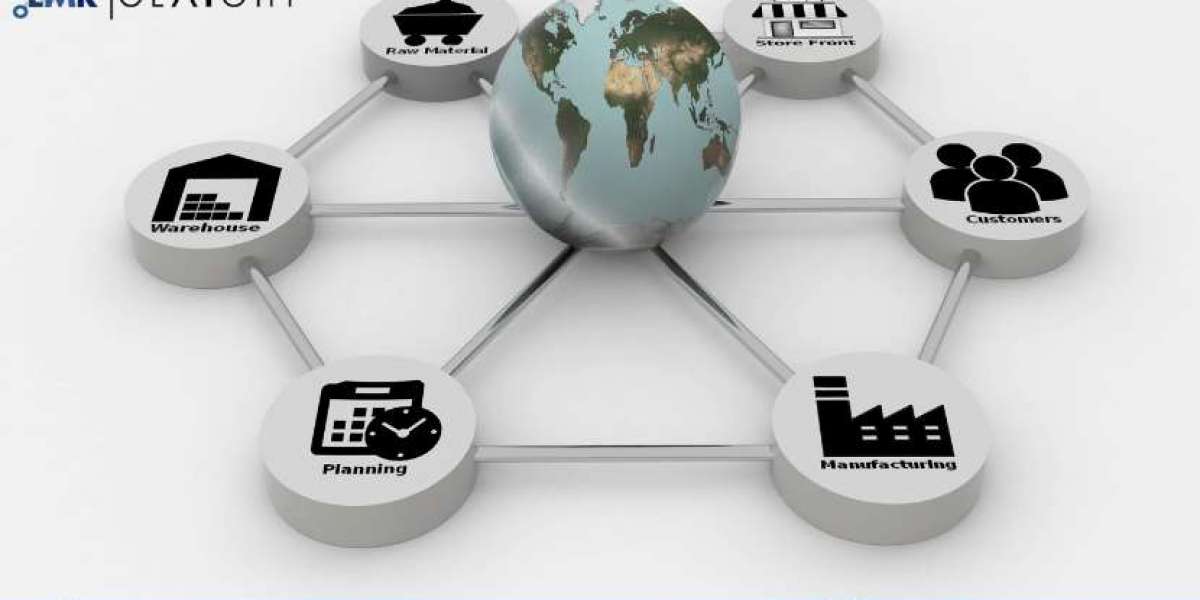In the ever-evolving digital landscape, businesses are constantly seeking ways to enhance their online presence and streamline operations. Two powerful platforms that frequently come into play are Shopify and WordPress. Shopify, renowned for its robust e-commerce capabilities, and WordPress, famous for its versatile content management, can be integrated to create a comprehensive online experience. However, the question remains: is Shopify WordPress integration right for your business? This article explores the factors to consider when evaluating whether integrating these two platforms is the right choice for you.
Understanding Shopify and WordPress
Shopify: The E-Commerce Powerhouse
Shopify is a dedicated e-commerce platform designed to facilitate online sales with features such as:
Product Management: Easily add, organize, and manage products.
Payment Processing: Securely handle transactions with integrated payment gateways.
Order Fulfillment: Track and manage orders from start to finish.
Analytics and Reporting: Gain insights into sales performance and customer behavior.
Shopify is ideal for businesses focused primarily on selling products online and requiring a robust, scalable e-commerce solution.
WordPress: The Content Management Giant
WordPress is a versatile content management system (CMS) known for:
Content Creation: Create and manage a wide range of content, including blog posts, pages, and multimedia.
Customization: Utilize themes and plugins to tailor the look and functionality of your site.
Flexibility: Integrate various functionalities through plugins and custom development.
WordPress is well-suited for businesses that prioritize content creation and site customization, offering a flexible platform for building diverse types of websites.
Benefits of Integrating Shopify with WordPress
Combining Strengths
Integrating Shopify with WordPress allows you to leverage the strengths of both platforms:
Enhanced E-Commerce Capabilities: Utilize Shopify’s powerful e-commerce features within a WordPress site, enabling a more seamless shopping experience.
Content-Rich Websites: Maintain WordPress’s flexibility for content management while adding Shopify’s e-commerce functionality.
Improved User Experience: Provide a unified user experience with cohesive design and functionality across your site.
Integration Methods
Shopify Buy Button
The Shopify Buy Button is an easy way to add e-commerce functionality to your WordPress site. It allows you to embed individual products or collections, creating a streamlined shopping experience without requiring a full e-commerce site.Shopify Plugins for WordPress
Various plugins are available to facilitate integration, offering features like product embedding and cart management. These plugins can enhance the functionality of your WordPress site by incorporating Shopify’s e-commerce capabilities.Custom API Integration
For businesses with specific needs, custom API integration provides a tailored solution. By leveraging Shopify’s API, you can create a bespoke integration that meets your unique requirements.
Evaluating If Integration is Right for Your Business
Consider Your Business Needs
Before proceeding with integration, assess the following factors:
E-Commerce Focus: If your primary goal is to enhance e-commerce functionality and manage online sales efficiently, Shopify’s dedicated features are a significant advantage.
Content Management Requirements: If your business requires extensive content management and customization, WordPress provides the flexibility needed to create a dynamic and engaging site.
Technical Expertise: Evaluate your team’s technical capabilities. Integrating Shopify with WordPress, especially through custom API development, may require programming skills and technical knowledge.
Cost Considerations
Integration involves various costs:
Shopify Costs: Includes subscription fees, transaction fees, and potential costs for additional apps or features.
WordPress Costs: May involve theme purchases, plugin costs, and ongoing maintenance.
Integration Costs: Depending on the method chosen, there may be additional costs for plugins, custom development, or professional services.
Potential Challenges
Complexity: Integrating two platforms can introduce complexity, particularly if custom development is required.
Maintenance: Regular updates and maintenance for both platforms are necessary to ensure compatibility and security.
User Experience: Ensuring a seamless user experience across both platforms can be challenging and requires careful planning and testing.
Conclusion
Shopify WordPress integration offers a powerful combination of e-commerce and content management capabilities, providing a versatile solution for businesses seeking to enhance their online presence. Whether you’re looking to add robust e-commerce features to a content-rich WordPress site or integrate content management with a Shopify-driven store, this integration can provide significant benefits.
However, it’s essential to carefully evaluate your business needs, technical expertise, and budget before proceeding. By considering these factors and understanding the integration methods available, you can make an informed decision about whether Shopify WordPress integration is the right fit for your business. With the right approach, you can harness the strengths of both platforms to create a cohesive and effective online presence that supports your business goals.







